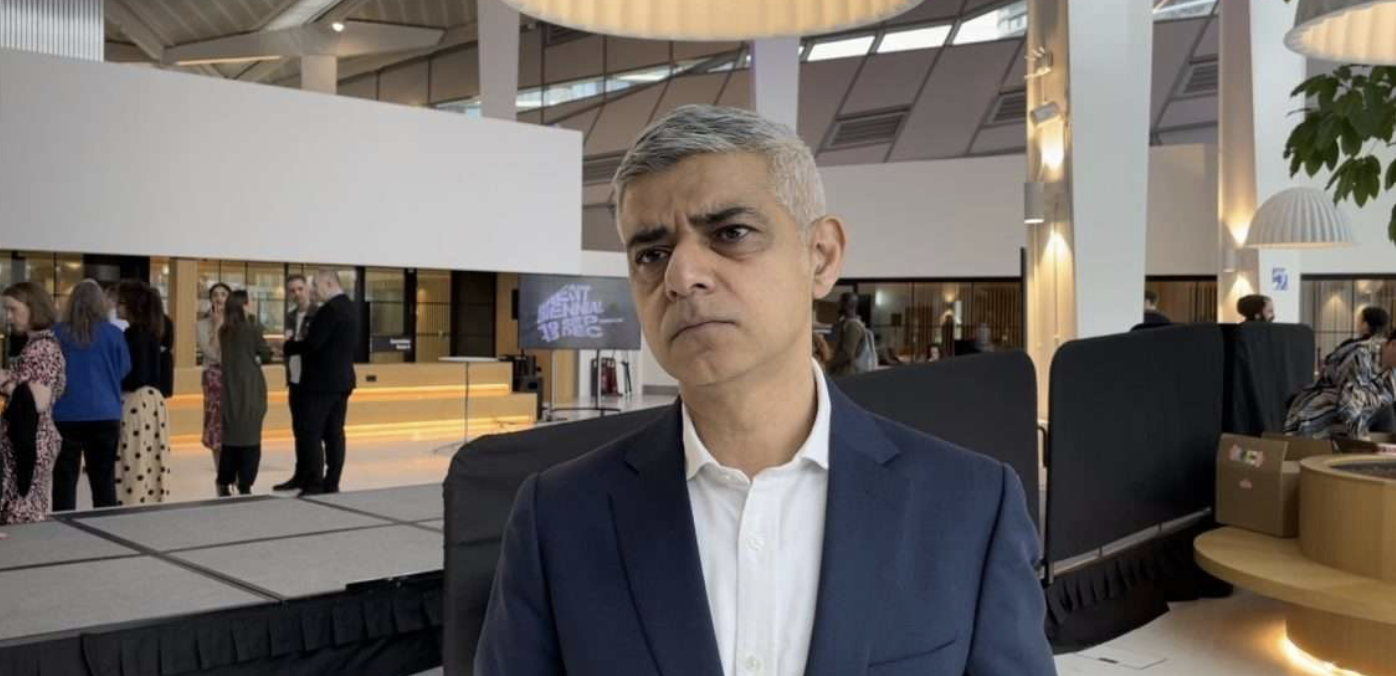A new report says the Mayor of London should be given more powers to enable London to pay for its infrastructure projects. It raises the question – does Sadiq Khan want them?
The report by Labour-backed think tank Labour Together makes a persuasive case. Give London more powers to levy taxes, and hire development corporations to buy up land around infrastructure sites, and these projects will essentially fund themselves, so the argument runs.
This is because the revenue generated by the uplift in the value of land would be enough to pay for the Bakerloo Line extension, for example – without TfL needing to appeal to the Treasury, begging-bowl in hand.
And London clearly can pay for its own transport. It is one of the richest economies in the world – why should it be left forced to compete with some of the most deprived parts of the UK for central government funding?
The report gives the example of Paris, which funds its own transport projects via local taxes and tourist levies and – crucially – actually manages to get them built on time.
We wrote last week about how the levelling up agenda can often come at the expense of London’s infrastructure receiving the investment it needs.
Give London the tools to self-finance its own economic growth and it can continue to maintain its global status without needing to come into conflict with other, less well-off parts of the country.
But does the Mayor really want the increased powers – and, by extension, sole accountability – for driving through London’s infrastructure?
The Mayor already has the power to establish a Mayoral Development Corporation which allows him to bypass local planning laws. He plans to do this on Oxford Street to drive through his pedestrianisation plans, triggering an incandescent reaction from Westminster City Council.
He could use this power, for example, to force Bromley to build more homes on its green space, which the report estimates could generate 2bn for every 10,000 homes built to fund the Bakerloo Line.
But, as with Westminster City Council, playing hardball with local councils – especially those run by Labour administrations – can be a bruising and unsightly political battle.
Why would he risk it when he can defer to the Treasury for funding?
Similarly, the GLA has less of an incentive to ensure projects remain financially on track when money is coming from Treasury coffers.
Remove this option, the report urges, and London will have no choice but to stand on its own two feet and ensure projects are built on time, without spiralling over budget.
The example of Paris shows that when this is the case, things get built more quickly.
The extension of the line from Elephant and Castle to Hayes via the Old Kent Road and New Cross is predicted to unlock land for the construction of 100,000 new homes and is forecast to inject 1.5 billion into the economy each year, with two-thirds of jobs being created to suppliers outside the capital.
How much longer will this vital project for South London – and other long-delayed infrastructure upgrades like the DLR extension – sit on the shelf?
